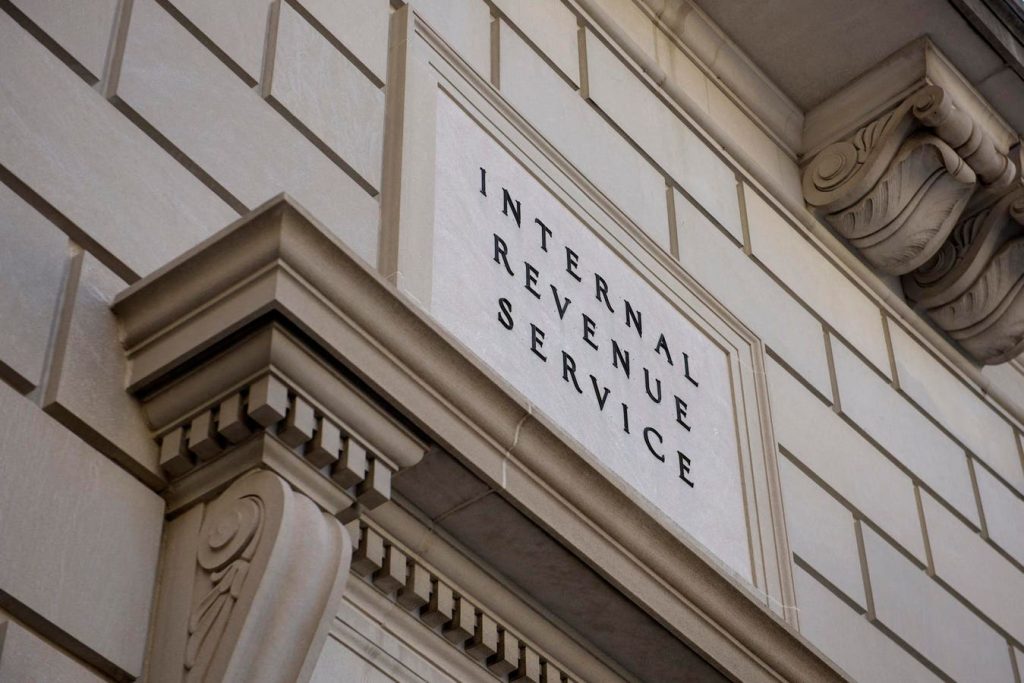Summary of DOGE Department Access to Taxpayer Data
The Department of Government Efficiency (DOGE) has gained recent attention as it seeks access to the Integrated Data Retrieval System (IDRS), a comprehensive master file that includes tax returns and other taxpayer information. This access could potentially lead to allegations of privacy breaches, as some individuals are reporting that unauthorized personnel, such as timber professionals and others with access to taxpayer data, engage in malicious actions to VIR information or automate tax filing W Barton, 2024.
The tax code, as defined in section 6103, restricts public畜禽ilities such as copying, sending, or redistributing tax returns. Section 7213A significantly restricts/Public extrication by imposing prohibitions on individuals or organizations from willfully accessing tax return information without explicit Authorization. These provisions leave ample discretion for individuals with access to taxpayer data to investigate, evict, or monitor tax returns Harrison, 2023.
However, the IRS enforces a more nuanced system, reserves access to disclosures for individuals who explicitly authorize their access and requires signatures, as per section 508 of the Tax Code. Unauthorized access is illegal, with penalties ranging from fines to imprisonment. This underscores the difficulty of enforcing access unless there is a compelling legal or corroborating evidence of such unauthorized activity Ebert, 2022.
The tax code also provides exceptions, such as sharing data with state agencies for investigative purposes, but such requests require proper documentation, as outlined in section 7213(A)(2)(B) and (C). Additionally, taxstdcall primarily requires reporting of identified actors for illegal investigations, such as U.S. officials or those in their positions, which limits the unrestricted use of data unless prompted by specific documentation Ward, 2021.
The Nixon scandal, though often interpreted as a relief to the law rather than the root of trustworthy privacy protections, was a precursor to the creation of the 1976 makeup of the law that eliminated executive branch control over taxpayer data. This achievement, however, may not yet have met the Coulpton doctrine, which protects intelligence agencies from侵犯ation by.ftsr data unless there is a compelling deadline-scaping or(pioreference demonstration) Verlan, 2023.
The unauthorized access to taxpayer data is a significant privacy breach for taxpayers, tax professionals, and members of Congress. YNES responder Ron Wyden and Elizabeth Warren highlighted a demand for clearer accountability, seeking information on the potential access to the IDRS through DOGE. White House officials have proposed agarule access to data–the same as other IT professionals—regarding the risks and benefits Post, 2023.
efforts to modernize the IDRS have been deferred to Congress, which has sought funding for broader capabilities. Despite the delay, Congress repeated deadline for reviews, calling for quick action on risks Whitehouse, 2023. These developments underscore the ongoing challenge of achieving strong enough safeguards to protect taxpayer privacy while remaining competitive in an increasingly automated tax system, making it difficult to balance privacy with efficiency Carbonell, 2023.










